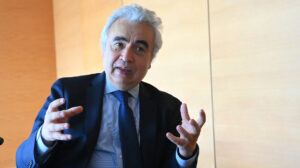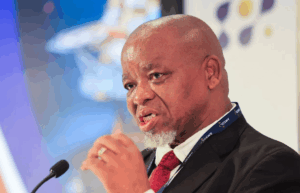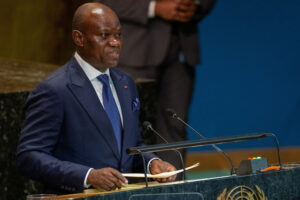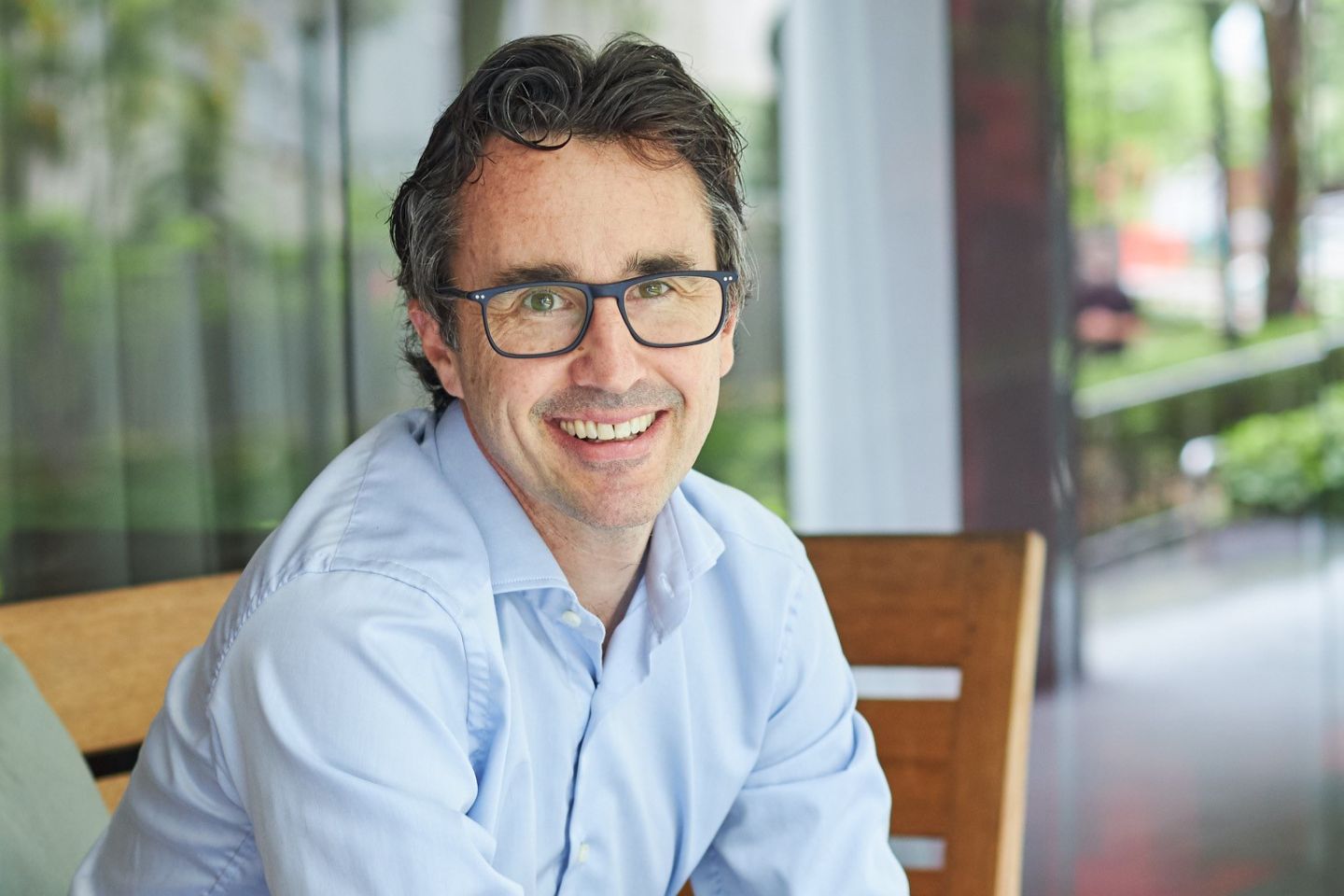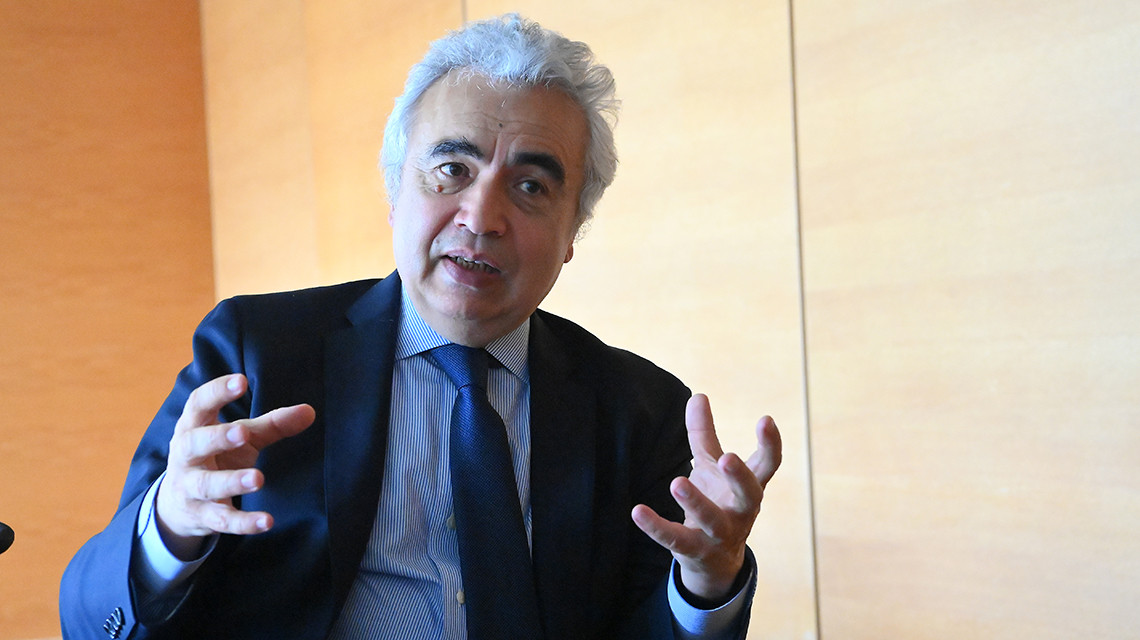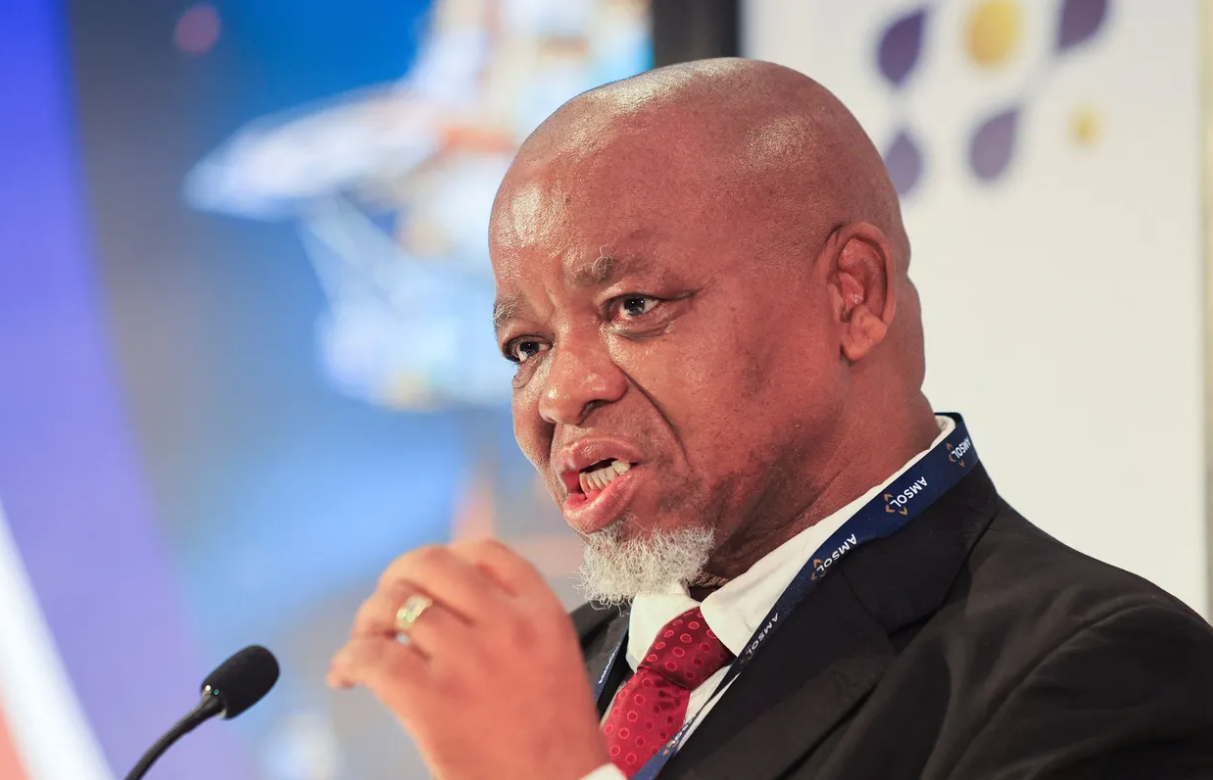South Africa’s Cabinet will next week review the Just Energy Transition Plan road map that the country will present at COP 27. The plan, which details how South Africa intends to wean the country of coal-fired energy which contributes the majority of carbon emissions, was also presented to the International Partners Group (IPG) in order to access investment funding to the tune of $8.5 billion (R152 billion) in climate funding.
The IPG includes the governments of the UK, the US, France, Germany, and the European Union. Together with SA, they comprise the Just Energy Transition Partnership (JetP).
The country’s JETP aims to deliver an investment plan that will access approximately $8.5 billion (R152 billion) in grants, concessional loans, and commercial funding from the world’s wealthiest nations in order to support projects that will shift the energy mix toward cleaner energy. The plan’s announcement follows a bold deal committed by international funders at COP 26 in Glasgow in October 2021, and the investment plan will demonstrate the country’s capabilities and priority sectors just ahead of COP 27 next month.
Key to the five-year plan includes projects in three areas:
- Investment in Eskom for the repurposing of power stations and strengthening the grid for the connection of renewable energy;
- Support for the repositioning of SA’s auto industry to produce electric vehicles;
- Support for the development of a green hydrogen industry.
Last month the Department of Forestry, Fisheries and the Environment announced that they were coordinating the development of the Accelerating Coal Transition investment plan for South Africa, in partnership with the relevant multilateral development banks and in collaboration with relevant government departments and Eskom.
The Accelerating Coal Transition (ACT) Programme was established by the Climate Investment Funds (CIF) in March 2021, to accelerate the transition away from coal while ensuring a holistic, integrated, socially inclusive, and gender-equal approach through its three pillars: governance, people and communities, and infrastructure. South Africa was selected as an ACT pilot country in October 2021 and invited to develop an investment plan (IP) in collaboration with relevant CIF partner multilateral development banks (MDBs), namely, the World Bank (WB), the International Finance Corporation (IFC), and the African Development Bank (AfDB).



